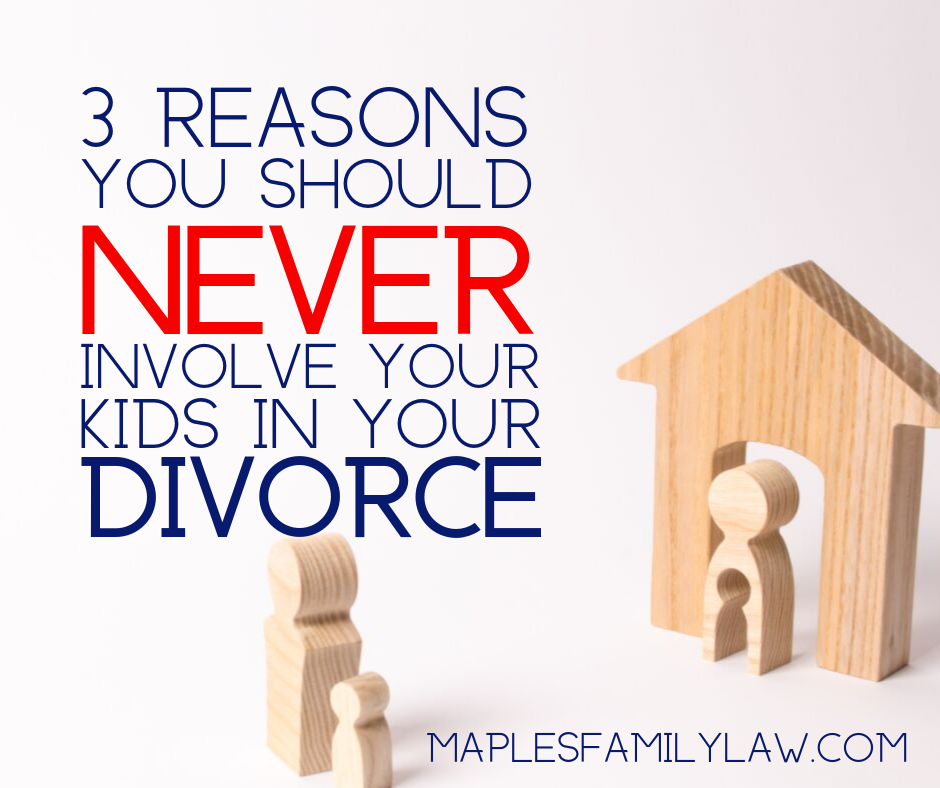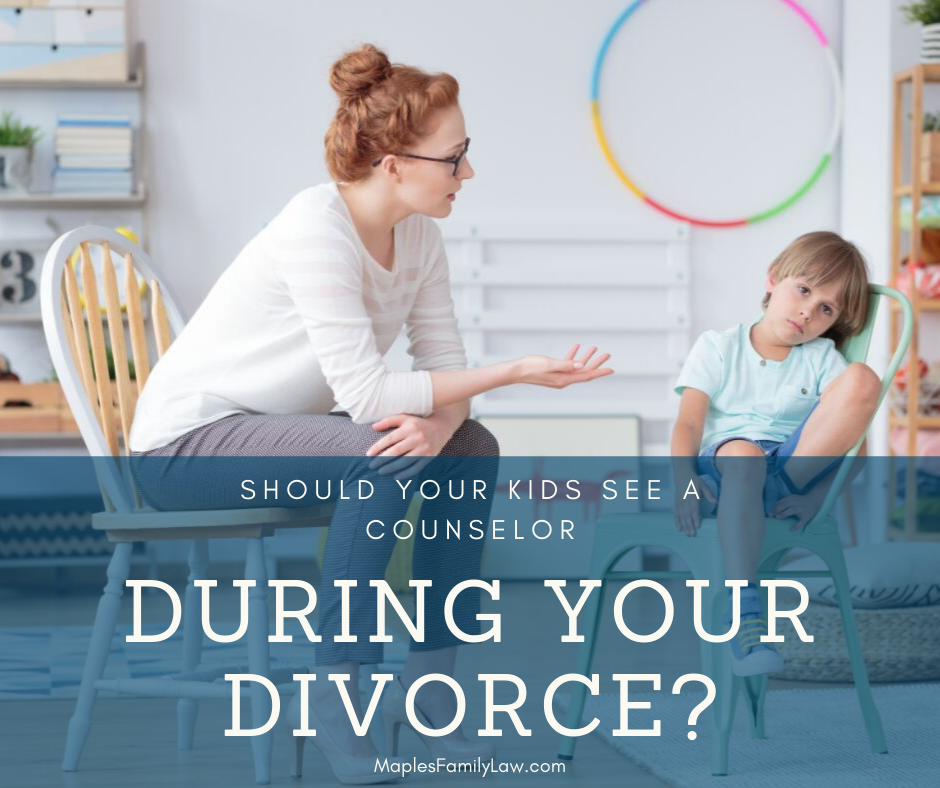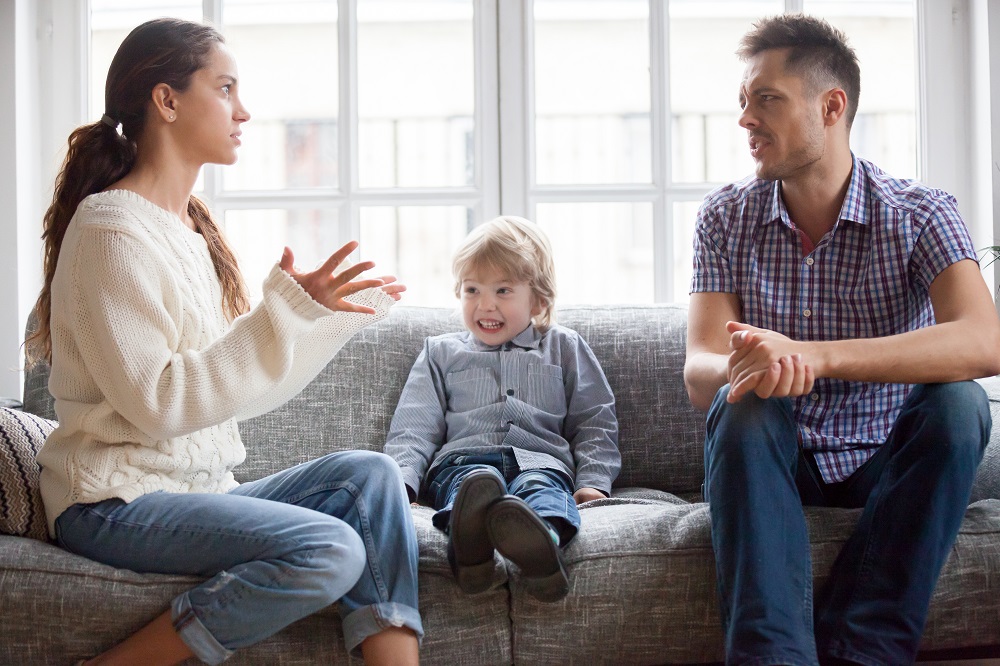
3 Reasons You Should NEVER Involve Your Kids in…
Like most parents, you want the best for your children – and that includes making sure they come out of your divorce as healthy and happy as possible.
To help ensure that, there’s one thing you should never do.
You should never involve your children in your divorce.
So what does that mean? How can you avoid involving your kids? Here’s what you need to know.
Related: Effects of divorce on kids
What Does Involving Your Kids in Your Divorce Mean?
Involving your kids in your divorce can take many forms – all of which you need to minimize. It could mean:
- Using your child as a “shoulder to cry on”
- Asking your kids for advice
- Using your children as messengers between you and their other parent
- Telling your child too many details about what caused your split
There are other ways you could get kids too involved, too, and if you’re not sure about them, it may be a good idea for you and your children to talk to a counselor or therapist together.
Related: 11 good divorce books for kids
3 Reasons You Should NEVER Involve Your Kids in Your Divorce

For example, you know you should never use your kids as messengers during your divorce, carrying instructions between one parent and the other (although saying, “Mom said to give you my homework” and things like that should be fine) – but what do you do about questions the kids have about the process, the reasoning behind it, and what will happen next?
Experts suggest that you should always answer kids’ questions in age-appropriate, honest ways. Don’t lie, but don’t share grisly details, either. You’ll most likely tell older kids more than you would tell younger kids, especially when they have questions about the reasoning behind the divorce. If you’re not sure what you should tell your kids, you can talk to a counselor or therapist for guidance.
But there are three big reasons you should leave your kids out of your divorce. Other than letting them know what’s changing and that you love them, kids should be sheltered as much as possible from the whole process.
These are the three reasons:
- You could accidentally engage in parental alienation
- Your kids could resent you sharing too much
- You could be inadvertently asking them to exhibit maturity they just don’t have
Parental Alienation

Resentfulness
Kids don’t want to know – nor are they mentally capable of handling – the ins and outs of divorce. If you share too many details, they could end up resenting you for doing so. That’s not only true for right now, either; when your children are grown, they may look back and feel that you were forcing them to help you through the divorce when they really needed you to help them.
Forcing Kids to Be Too Mature

Do You Need to Talk to a Divorce Lawyer in Stockton?
If you’re thinking about divorce, we may be able to help you. Call us right away at (209) 546-6870 or get in touch with a Stockton divorce attorney online to schedule a consultation today.












